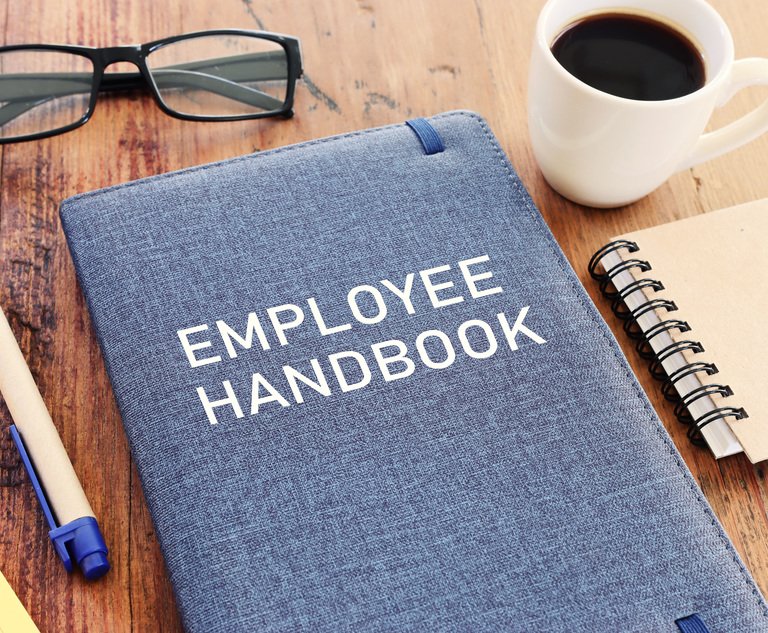 Companies should update their written policies to account for vaccine expectations and sick time. Employers who are quicker to adopt new protocols and update their company handbooks could mitigate potential liability and employment disputes. (Credit: Tomertu/Adobe Stock)
Companies should update their written policies to account for vaccine expectations and sick time. Employers who are quicker to adopt new protocols and update their company handbooks could mitigate potential liability and employment disputes. (Credit: Tomertu/Adobe Stock)
Thanks to the COVID-19 pandemic, compiling a company handbook is even more complex than it used to be—often involving remote work guidelines, Zoom meetings and vaccine considerations.
Recommended For You
Want to continue reading?
Become a Free PropertyCasualty360 Digital Reader
Your access to unlimited PropertyCasualty360 content isn’t changing.
Once you are an ALM digital member, you’ll receive:
- Breaking insurance news and analysis, on-site and via our newsletters and custom alerts
- Weekly Insurance Speak podcast featuring exclusive interviews with industry leaders
- Educational webcasts, white papers, and ebooks from industry thought leaders
- Critical converage of the employee benefits and financial advisory markets on our other ALM sites, BenefitsPRO and ThinkAdvisor
Already have an account? Sign In Now
© Touchpoint Markets, All Rights Reserved. Request academic re-use from www.copyright.com. All other uses, submit a request to [email protected]. For more inforrmation visit Asset & Logo Licensing.







